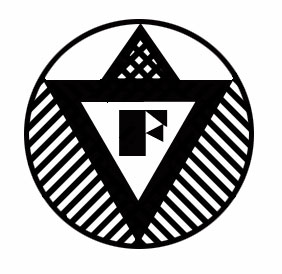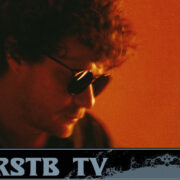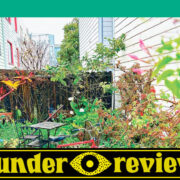Cut Worms’ Max Clarke on Leonard Cohen’s – Death Of A Ladies’ Man 

Sometimes an album can sucker punch you in the best ways. After hearing Cut Worms’ first EP I was prepared to know what to expect from a full length. It seemed like an extension of the folk pop from that short format would follow, but instead the band’s Max Clarke shines with an album of country pop that’s on par with Sonny Smith’s dry-wit and easy hooks. The record is a refined affair that shows an artist growing exponentially from his early works and it makes me excited for what’s to come from him down the line. Clarke makes a pick here for the site’s Hidden Gems series, singling out Leonard Cohen’s unlikely team-up with Phil Spector as a a diamond among the artist’s usually worked over and oft analyzed catalog.
Clarke begins by revealing how this nugget found its way onto his shelf. “In high school,” he recalls, “I was listening to some online radio program hosted by Don Was. I don’t recall what it was on, but it was just a shuffle of a lot of different wide-ranging music, and at some point “I Left A Woman Waiting” came on and it really bowled me over. I didn’t know who Leonard Cohen was at the time. I just remember thinking – this is exactly the kind of music I’ve been looking for. That, of course, opened the door to Leonard Cohen’s whole early catalog for me. This is still my favorite record of his though.”

As to why this particular piece of Cohen’s dense catalog stands as undersung Max muses, “On a personal level, when I first heard the record, they didn’t stock it at Borders (where I got all my CDs) and I didn’t own a record player yet, nor was there a record store in my town. Nobody I knew really knew who Leonard Cohen was… so it seemed pretty hidden to me. In a more general sense, I think it’s definitely a lesser known Leonard Cohen album. Some diehard Cohen fans of his more stripped down acoustic style see this record as blasphemous. I think at the time it was recorded, he was sort of just drifting and decided to co-write an album with Phil Spector who, like Cohen, was kind of on the downswing career-wise from the public perspective. Then Phil Spector overpowered Cohen and hi-jacked the record, kind of literally, always having guns and armed body guards around. It didn’t go over well in the music press at the time and I don’t think it did anything chart-wise. It was big in Sweden though, which makes sense – the Swedes know good pop music.”
He digresses, “All that said, I feel like it’s hard to say what even is a hidden gem anymore. With Spotify and Apple Music and everything it’s like all this stuff is out there in the open now — you just kind of get sonically chauffeured around through “related artists” playlists and stuff. It used to be really hard to come by some of this stuff.” Clarke is, of course, right in a sense. I think that the commodification of music has made some things less of a whispered secret, but Spotify poses another problem of controlling the flow and excising what doesn’t fit the algorithm. That still leaves hidden pockets that lie outside distribution and curation for sure. Nonetheless, I ask if this particular album has affected his own writing. Clarke admits, “I think it definitely has… the songwriting style was one that was immediately familiar to me and was sort of a beacon to navigate by. The doo-wop style structures and melodies—that mixed with Cohen’s wit…to me, it doesn’t get much better than this.”
Clarke poses a good point in assessing that an album that once eluded the CD crowd with poor access in areas without stores is now playlist fodder in an era of streaming, but I remain ever wary of the Spotify influence. I’ve yet to be able to create a proper playlist without finding some hole in their “everything’s available” mantra. That said, deep catalog Cohen is a worthy addition to the ever-growing list of gems that have fed artists at RSTB. If Phil Spector shaking down the steady soul poet in the wee hours of the night, ordering Bob Dylan and Allen Ginsberg to sing backup on a song about Hard-ons and pointing more guns than a small militia in the studio isn’t interesting, then I honestly don’t know what is.
Support the artist. Buy it HERE.









